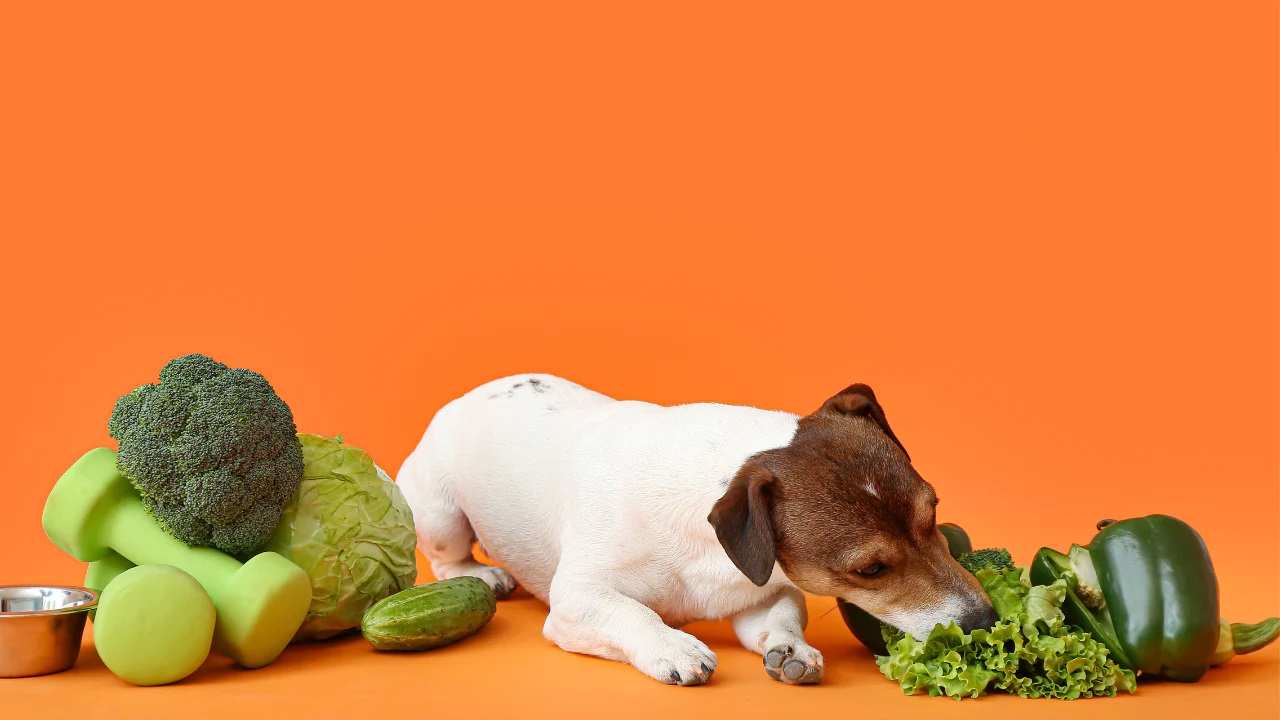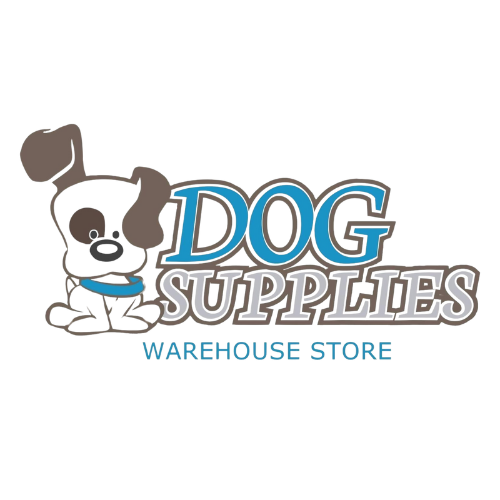As dog owners, we all want our pets to lead healthy, happy lives. One of the most important factors contributing to a dog’s well-being is nutrition. A balanced, tailored diet is critical to ensuring your dog has the energy and nutrients it needs to thrive, maintain a healthy weight, and avoid potential health issues. Just like with humans, the right nutritional regimen can prevent a host of problems and extend your dog’s life. In this article, we’ll guide you through building a proper nutritional plan for your dog, providing everything you need to know to give them the best possible diet.
Understanding a Dog’s Nutritional Needs
Before we dive into specific foods and feeding strategies, it’s crucial to understand what nutrients your dog needs. Dogs, like all animals, require a balance of macronutrients—proteins, fats, and carbohydrates—along with essential vitamins and minerals to maintain optimal health.
Protein is the cornerstone of any dog’s diet. It supports muscle growth, repairs tissue, and aids the immune system in protecting against diseases. Dogs are omnivores but rely heavily on animal-based proteins like chicken, beef, and fish. However, some dogs may also benefit from plant-based protein sources, especially in cases of allergies. Along with protein, healthy fats are equally important. Fats, especially Omega-3 and Omega-6 fatty acids, play a role in maintaining a shiny coat, healthy skin, and brain function. Sources like fish oil and flaxseed are common additions to a dog’s diet to boost these essential fats.
While many dog owners focus primarily on protein and fat, carbohydrates are also a source of energy, particularly for active dogs. Complex carbohydrates, such as those found in sweet potatoes, brown rice, and peas, provide slow-releasing energy that sustains dogs throughout the day. In addition to macronutrients, dogs also need essential micronutrients—vitamins and minerals—to function properly. Vitamins like A, D, E, and K play roles in everything from immune health to bone growth, while minerals like calcium, phosphorus, and zinc support strong bones and metabolism. And let’s not forget the importance of water. Adequate hydration supports digestion, nutrient absorption, and overall bodily functions, making water just as important as any other nutrient.
Choosing the Right Dog Food
Armed with this understanding of a dog’s nutritional needs, the next step is selecting the right food for your pet. Commercial dog foods come in various forms, but the most common are dry kibble and wet food. Each has its pros and cons. Dry kibble is often more convenient, easy to store, and can help keep teeth cleaner due to its crunchy texture. Wet food, on the other hand, tends to be more palatable for picky eaters and contains more moisture, which can be helpful for hydration. However, wet food is often more expensive and spoils faster once opened.
In recent years, grain-free and limited-ingredient diets have become popular among dog owners, particularly for dogs with allergies or sensitive stomachs. Grain-free diets eliminate common allergens like wheat and corn, while limited-ingredient diets simplify the formula, focusing on fewer components to reduce the risk of allergic reactions. When choosing dog food, it’s essential to understand how to read labels. Look for foods that list quality protein sources (like chicken or lamb) as the first ingredient and avoid fillers such as corn, soy, and artificial preservatives. Ingredients matter, and high-quality ingredients can make a huge difference in your dog’s health.
Some dog owners prefer to go the homemade route, preparing their dog’s food at home. This approach allows complete control over the ingredients but comes with its own challenges. Homemade diets require careful balancing to ensure your dog gets all the necessary nutrients. Similarly, raw feeding has gained popularity, emphasizing a diet based on raw meat, bones, and vegetables. While raw feeding advocates believe it mirrors a dog’s ancestral diet, it also comes with risks such as bacterial contamination and the need for supplementation to provide a complete nutritional profile. Whether choosing commercial, homemade, or raw diets, balance is key.

Portion Control and Caloric Requirements
Once you’ve selected the right type of food, the next consideration is portion control. Overfeeding or underfeeding your dog can lead to health problems, so understanding your dog’s caloric needs is crucial. These needs vary based on age, size, and activity level. Puppies, for example, require more calories for growth, while adult dogs need fewer calories to maintain their weight. Active breeds, such as working dogs or dogs that participate in sports, require more calories to sustain their energy levels, while more sedentary dogs need fewer calories to avoid weight gain.
An excellent tool for monitoring your dog’s weight is the Body Condition Score (BCS). This system helps you visually and physically assess whether your dog is underweight, overweight, or at an ideal weight. By feeling your dog’s ribs and observing their waistline, you can determine whether portion sizes should be adjusted. If your dog needs to lose weight, reducing their caloric intake and increasing exercise is essential. On the flip side, if your dog needs to gain weight, adding nutrient-dense foods and slightly increasing their portions will help them reach a healthier weight gradually.
Incorporating Treats and Supplements
Treats are an important part of your dog’s diet, especially when used for training or as a reward. However, moderation is key. Too many treats can lead to weight gain and nutritional imbalances. When choosing treats, look for nutrient-rich options like fruits (apples, blueberries) or vegetables (carrots, green beans) that complement your dog’s regular diet. Meat-based treats are also excellent, as they provide a boost of protein, but they should be factored into the overall daily caloric intake.
Supplements are another aspect of a dog’s nutritional regimen, but they should only be used when necessary. If your dog has specific health issues—like joint problems, poor digestion, or a dull coat—supplements like glucosamine, probiotics, or fish oil might help. However, it’s always important to consult your vet before adding any supplements to your dog’s diet, as over-supplementation can cause more harm than good.
Special Dietary Needs
Some dogs have special dietary needs based on their age or health conditions, and it’s important to tailor their diets accordingly. Puppies, for instance, require more protein, fat, and calories to support their rapid growth and development. As they mature, transitioning to adult food is essential, as puppy food is too calorie-dense for adult dogs. On the other hand, senior dogs often need fewer calories but more focus on joint health, digestion, and kidney function. Special senior diets typically contain lower levels of fat and protein while providing extra nutrients like glucosamine for joint support.
Dogs with medical conditions also have specific dietary needs. Dogs with food allergies, for example, may benefit from hypoallergenic or limited-ingredient diets, which eliminate potential allergens. For dogs with chronic health conditions like diabetes or kidney disease, specialized veterinary diets can help manage the disease and improve their quality of life. In these cases, it’s crucial to work closely with your vet to ensure your dog’s diet is tailored to their unique health requirements.
Monitoring and Adjusting the Diet
Building a nutritional regimen for your dog is not a one-time task. As your dog ages or as their activity levels change, their dietary needs may shift. Regular weight and health checks are essential to ensuring their diet remains appropriate. If you notice changes like a dull coat, digestive problems, or weight fluctuations, these may be signs that your dog’s diet needs adjusting. Dry skin or hair loss might indicate deficiencies in essential fatty acids or vitamins, while digestive issues like diarrhea or constipation could signal food sensitivities.

When in doubt, consult your vet for guidance on adjusting your dog’s diet. Whether it’s a slight modification to their food portions or introducing new ingredients to meet changing needs, flexibility is key to keeping your dog healthy throughout their life.
Building a nutritional regimen for your dog is one of the most significant responsibilities of being a pet owner. By understanding your dog’s unique nutritional requirements, choosing the right food, and adjusting portions based on their life stage and activity level, you can ensure they receive a balanced, nutrient-rich diet. Incorporating healthy treats and supplements, while also considering any special dietary needs, will contribute to your dog’s overall well-being and happiness. Regular monitoring of your dog’s weight and health ensures that any necessary changes are made promptly, keeping your furry friend in optimal shape for years to come.

After 5 years in a high pace business management role, I partnered with an e-commerce developer to start building Dog Supplies Warehouse.
Our number one goal is to make sure all products are managed and delivered to our customers door fast and accurately.

